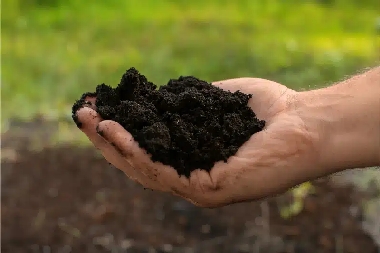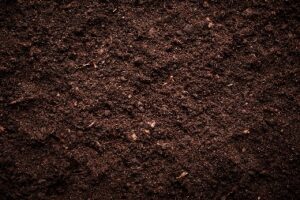Montrose Clay in Soil

As we look at the agricultural landscape in Montrose, it’s clear that understanding clay in soil is vital for our local farmers. With the challenges of feeding a growing population while maintaining sustainable practices, knowledge about clay’s role in soil management has never been more crucial. Studies indicate that nearly 20% of greenhouse gas emissions stem from agriculture, underscoring the need for effective soil solutions.
Our approach to addressing these challenges involves innovative methods to improve soil health, particularly focusing on the clay in soil. In Montrose, where agricultural productivity is essential, these methods can provide significant benefits to our local farmers. By improving soil structure and health, we can help increase crop yields and reduce emissions.
Here are some key points to consider regarding clay in soil:
- Types of clay in soil vary and affect water retention.
- Knowing how to use clay in soil can improve its fertility.
- Clay in soil benefits include enhanced nutrient absorption.
- Understanding how to break down clay soil fast can boost productivity.
- Many local farmers explore sandy soil alternatives for specific crops.
Improving clay in soil is not just about enhancing agricultural output; it’s also about fostering sustainable practices that benefit our community and environment. If you’re interested in learning more about these practices, we invite you to reach out to us. You can contact us at (253) 348-2200 or visit our Contact Us page for more information.
Montrose Soil Clay Levels

Understanding soil clay levels is crucial for effective farming in Montrose. The composition of our soil directly influences agricultural success, and studies show that soil texture impacts everything from water retention to nutrient availability. With the right information, we can optimize our farming practices for better yields.
By assessing soil clay levels, we can develop tailored strategies that enhance crop production. This knowledge is particularly important in Montrose, where diverse agricultural practices thrive. Knowing the specific clay levels can guide us in selecting the right amendments to improve soil health.
Consider the following key features related to soil clay levels:
- Soil clay levels chart helps determine optimal farming strategies.
- Understanding soil clay levels pdf can assist in educational efforts.
- Familiarity with the 7 types of soil aids in crop selection.
- Clay soil characteristics can guide effective soil management.
- Loam soil often presents an ideal balance for many crops.
Focusing on soil clay levels can lead to more informed decisions and better farming outcomes. For those in Montrose looking to enhance their agricultural practices, we encourage you to explore how understanding soil clay levels can transform your approach. For further information, please contact us at (253) 348-2200 or visit our Contact Us page.
Montrose Clay Soil
Clay soil is a topic of great significance in Montrose, especially for farmers looking to maximize their yields. Its unique properties can be both a challenge and an opportunity. Research indicates that clay soil can hold nutrients and water, but it can also lead to drainage issues if not managed correctly.
By understanding the characteristics of clay soil, we can leverage its benefits while mitigating its drawbacks. This knowledge is particularly relevant in Montrose, where agricultural practices must adapt to changing climate conditions and sustainability demands.
Here are some important considerations when dealing with clay soil:
- Clay soil for plants requires specific care for optimal growth.
- Identifying types of clay soil can improve planting strategies.
- Learning how to break down clay soil fast enhances productivity.
- Knowing where to buy clay soil can simplify sourcing materials.
- Understanding clay soil characteristics helps in effective management.
Embracing the complexities of clay soil allows us to cultivate healthier crops and more sustainable farming practices. If you’re interested in how our solutions can improve your soil’s health, we are here to assist. Contact us at (253) 348-2200 or visit our Contact Us page for more information.

